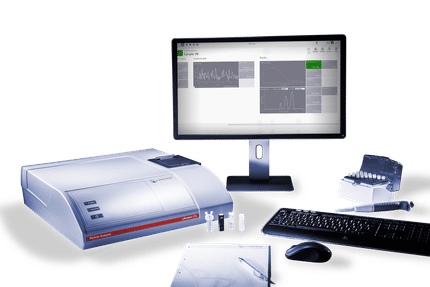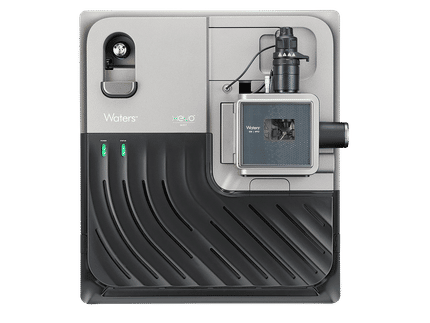To use all functions of this page, please activate cookies in your browser.
my.chemeurope.com
With an accout for my.chemeurope.com you can always see everything at a glance – and you can configure your own website and individual newsletter.
- My watch list
- My saved searches
- My saved topics
- My newsletter
UCB (company)
UCB or Union Chimique Belge (Euronext: UCB), is a global biopharmaceutical manufacturer headquartered in Brussels. It focuses on novel therapeutic solutions for patients with severe diseases treated by specialists, particularly in the fields of central nervous system disorders (including epilepsy), inflammatory disorders (including allergy) and oncology. Product highlightHistoryUCB was founded in 1928 by Emmanuel Janssen, a Belgian businessman. Initially focused on industrial chemicals, the company also included a small pharmaceutical division based around Meurice Laboratories. In the early 1950s, UCB set up a research centre where new medicines such as Atarax® (hydroxyzine) were developed. Successful sales enabled the pharmaceutical division to expand, and led to the discovery of another important compound, called piracetam. This was marketed in the 1970s as Nootropil® and used to treat memory and balance problems. It remains one of UCB's key products. At this time, UCB was a company focusing on three core areas: pharmaceuticals, chemicals and films. The success of Nootropil made it possible for UCB to build a modern pharmaceutical site in Braine-l'Alleud, south of Brussels (Belgium). There, UCB developed Zyrtec® (cetirizine), a blockbuster antihistamine. Other important products have followed including Keppra® (levetiracetam) and Xyzal® (levocetirizine). At the end of 2002, the chemicals and films divisions were merged and UCB added the resins, additives and adhesives activities of Solutia, to form the surface specialties division. The films part has since been sold to Innovia Films (in September 2004). In May 2004, UCB acquired the British biotechnology company Celltech, followed in March 2005 by the sale of the surface specialties business to Cytec Industries. By divesting all of its non-pharmaceutical activities, and acquiring Celltech, UCB has transformed itself into a global biopharmaceutical company. On 25 September, 2006, UCB announced the purchase of the German pharmaceutical company Schwarz Pharma for €4.4 billion [1]. As of July 2007 UCB holds approximately 87% of Schwarz's outstanding shares.
|
||||||||||||||||||||||||
| This article is licensed under the GNU Free Documentation License. It uses material from the Wikipedia article "UCB_(company)". A list of authors is available in Wikipedia. | ||||||||||||||||||||||||







